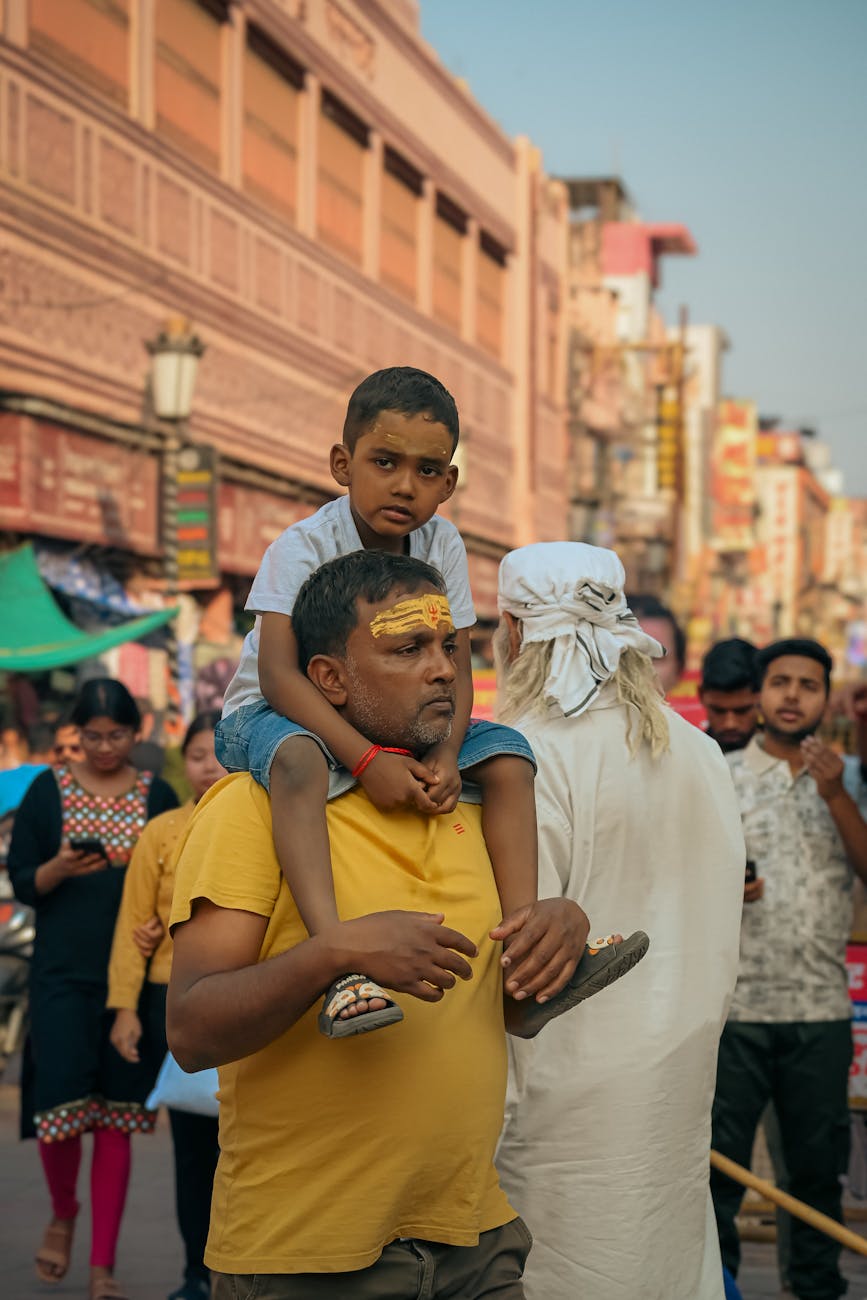It is not uncommon to hear these words being uttered frequently within the walls of an Indian household to children who at times fray their ripening limbs with injury — It’s just a wound, it’ll be okay. Ignore it, and it will be fine.
From soils bearing stones to skies raining hailstones, injuries imprint themselves upon our golden-hued skin and we let them — learning simply to tolerate. To make peace with it. I’ve always observed that within the Western framework of parenting, the child is nurtured and protected, while in the Asian, the child is nurtured and exposed — with the belief that emotional immunity will take over where necessary.
While it is Indian blood I identify with, my intimate interaction with Western literature and art, combined with a tendency to question existing conventional practices, forces me to look at the exceptions of this parenting technique — when the immunity cannot quite take over. The child does not learn to fight but instead succumbs to their suffering.
Be it wounds on knees or on elbows, the discomfort of sitting still or of unwanted touch, the incomprehensible scrawls on a child’s syllabus for school or the tears that drop into her lap after a scolding — one statement is made after every incident in nearly every Indian household, and that is — to get up, to stop crying, and to deal with it.
Repeat it just enough and I assure you, the child does stop crying. Lips bitten shut to hold in sobs, the eyes a concoction of fear and effort, overflowing down cheeks flushed with emotion. However, the wound when seen hurts them even more, for it’s a reminder of suffering. And then we Indians say the golden words again — It’s just a wound. It only hurts because you’re paying attention to it. Don’t look at it, and eventually, it will go away.
Having witnessed this scene repeatedly, I led myself to believe that perhaps this is why Indian households truly lack conflict resolution. Problems are addressed only in arguments, as points of debate — locked away in a cupboard with other regrets and resentments folded and tucked away neatly in an unattended corner of the heart. For we tell ourselves — It only hurts because we’re thinking about it. Think about all the good things, and the pain will go away. Wives, children, fathers, husbands, friends, teachers, relatives, and strangers — we’re never heard. We’re seen, and we’re told that we won’t be heard and seen if we don’t feel as we should.
I felt the same way for a long time. I’d cry and tell myself to stop crying, for I only cried when I thought about it. If I didn’t look at the knife that had been stabbed into me, perhaps I’d forget it had ever happened, and I could live my happily ever after.
But weeks turned to months, and months turned to years.
The stab wound I may have forgotten, but now possessed me — not my tears — but a dull ache throughout my body. My blood spilling into conversations it didn’t belong in, and a fragile rip held together only with a few darts of string — I was torn across my entire self, keeping me from being as I was, doing what I did, and saying what I thought.
Infection.
This daughter of two doctors had thought, Her wound, yes, it needs time. Every wound needs time. No doctor or medicine can heal a wound the way time does. But never did she think — Time cannot heal what medicine must. An infection.
My belonging is of a country that has, through history, myths, and the present, preached of its soil’s miraculous properties and its vast medical resources. We believe in healing, not 'treatment' — fixing the root of the physical ailment through Ayurveda. Yet, with emotional injury, we wash away all of those practical, beloved, scientific solutions into a simple ditty repeated through the ages — Ignore the wound, it will heal by itself.
Why do our eyes not notice this fact, darker than the kajal that lines them — it is not the mental wound that requires treatment, but the corroded blood that infiltrates into the bloodstream, leaving the person contaminated and blaming themselves as the contaminant. It is not the incident that wounds the soul, but its impact. The heart bleeds not from a stab, but from the lack of bandages placed to staunch its bleeding.
So infected, we continue. We move on, we go on. We continue to hurt for decades over the injury of a minute. Although it would have taken a minute mere indeed to place a warm touch over the scab and say, “I know it’s here. And so am I.”
We rot within ourselves and blame the stench on our weakness — a weakness that was never there in the first place. For we seem to showcase our strength through negligence to wounds, when the truth is, it weakens our immunity to hardship.
I considered also the perspective that perhaps it is not simply the notion of culture and tradition that keeps us from seeking treatment, but the fear of the pain — for we are told that society’s prying eyes will hurt far more than acquiring balm. But not once did a soul think of a, say, tourniquet. A band of pain that one may have to bear for a while, but it saves one’s life. And comes then a day when one can extricate themselves from its grip — setting the soul free — perhaps even wear the scars as remnants and reminders of a past that not many understood.
India is a country with myriad languages, and in each of those, synonyms for a single word lie plenty. But we cast not an eye on them. We Indians equate infection to injury — treating neither — saying we’d rather die.
And we do.




